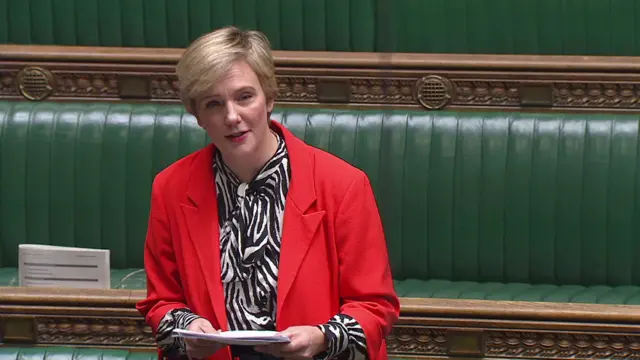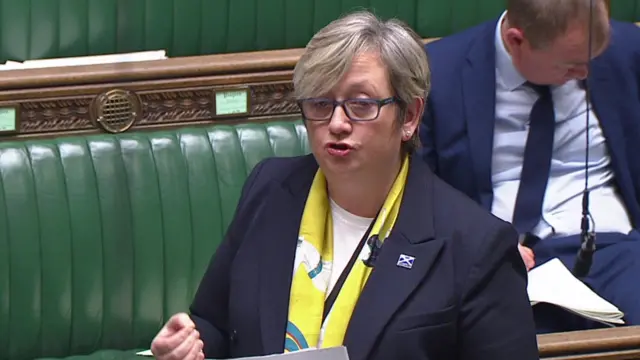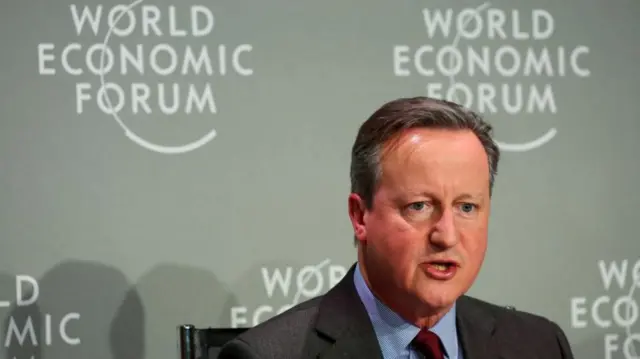Rwanda bill 'threatens peace in Northern Ireland' - Creasypublished at 15:51 GMT 17 January 2024
 Image source, House of Commons
Image source, House of CommonsThe Labour MP Stella Creasy joins the debate, and speaks about her amendment which is concerned with how the Rwanda bill affects the Good Friday Agreement - which brought an end to 30 years of conflict in Northern Ireland.
She says the Rwanda bill diminishes the rights of people in the UK by removing the protection of the European Court of Human Rights (ECHR).
She says the bill would not just have consequences for the UK's immigration system, but wider issues because the Good Friday Agreement incorporates the ECHR into Northern Ireland law as a protection against what she describes as "over-reaching government".
"When we start removing those rights, which this bill does by denying a refugee the right to go to court under article 13, then we start undermining the Good Friday Agreement".
Creasy says damaging the Good Friday Agreement would weaken the UK's relationship with Europe, just at a time when rebuilding post-Brexit relationships are so important.




